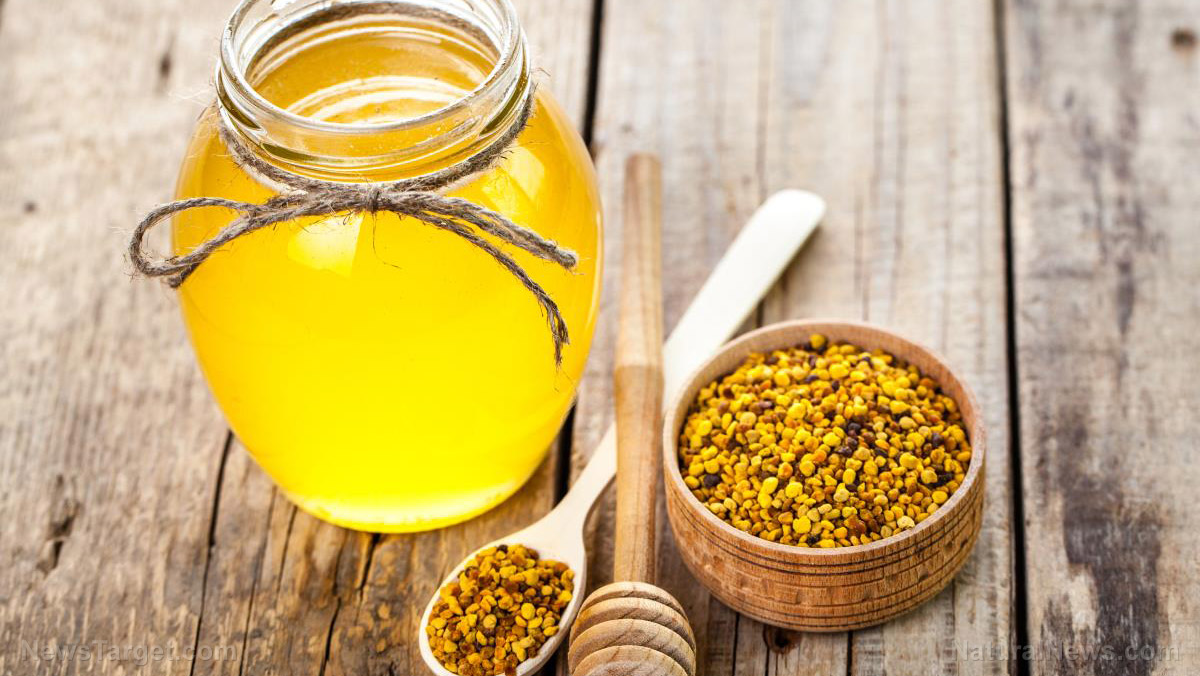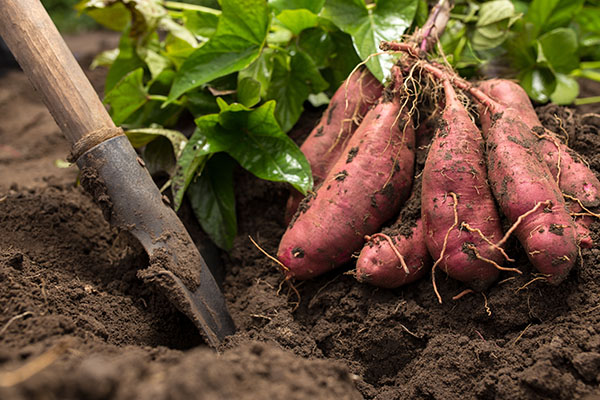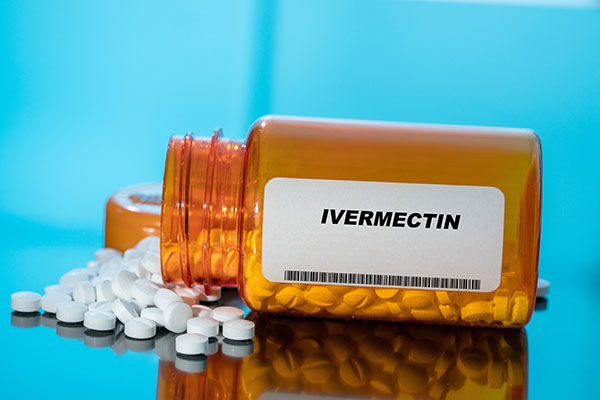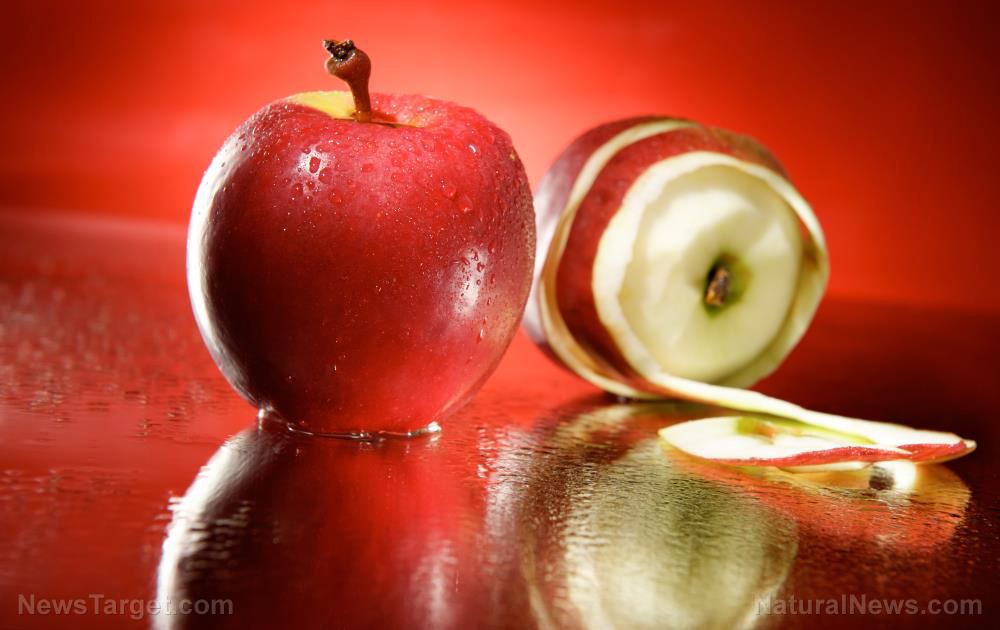
Acute lung injury is a lethal condition that often leads to acute respiratory failure. This condition can be caused by various reasons, namely aspiration, toxic inhalation, and drowning. Moreover, some patients with acute lung injury may have developed it from indirect causes like burns, blood transfusions, and sepsis. What all of these things have in common is that they can result in inflammation and the increased permeability of pulmonary blood vessels, which interfere with respiration by causing pulmonary edema and allowing cells to enter the alveolar cavities. Oxidative stress is also closely related to the pathogenesis of acute lung injury since it can cause the recruitment of leukocytes and other cells that enhance inflammation, while further increasing the number of reactive oxygen species and free radicals produced.
Patients with acute lung injury have a very high mortality risk, with approximately 50 percent of them dying from this condition. In addition to this, those who do survive from acute lung injury often recover slowly and would need prolonged rehabilitation treatment. Because of this, there is a need for a treatment that can help patients increase their chances of survival and help them get better as soon as possible.
Previous studies have shown that the flavonoids quercetin and naringenin can be used as natural remedies for acute lung injury because of their potent anti-inflammatory and antioxidant activities. Although rhamnazin, commonly found in the blackthorn plant, also exhibits these effects, there is no prior evidence of its potential protective properties against acute lung injury.
In this study, which was published in the African Journal of Traditional, Complementary, and Alternative Medicines, the researchers assessed the protective properties of commercially available rhamnazin against lipopolysaccharide (LPS)-induced acute lung injury in rats based on parameters for pulmonary inflammation and oxidative stress. LPS is a compound commonly found in bacterial cell walls that can cause pulmonary inflammation by inducing the production of pro-inflammatory chemicals and causing oxidative stress. As part of the study, the researchers also elucidated potential molecular mechanisms of the flavonoid's action.
The results of the experiment showed that rats treated with rhamnazin exhibited lower levels of pro-inflammatory chemicals. Moreover, the flavonoid was observed to reduce oxidative stress by activating the Nrf2 pathway, which induces an antioxidant response.
From these results, the researchers concluded that rhamnazin can protect against acute lung injury through its potent antioxidant and anti-inflammatory properties.
Other health benefits of flavonoids
Although flavonoids may have different properties, the majority of them have been associated with the following health benefits:
- Promoting longevity -- A study published in the journal Archives of Internal Medicine showed that men who have high amounts of flavonoids in their diet can reduce their mortality rates from coronary heart disease and cancer by up to 25 percent.
- Preventing cardiovascular disease -- The potent anti-inflammatory and antioxidant properties of flavonoids can help in the prevention of cardiovascular disease. These phytonutrients have also been associated with reduced risk of atherosclerosis since it can improve the quality of blood vessel walls and protect low-density lipoproteins from free radical damage.
- Reducing cancer risk -- Numerous studies have associated flavonoid intake with reduced risk of lung, mouth, stomach, colon, skin, and breast cancer. However, there is still a need to further validate these claims. (Related: Natural flavonoids from fruits and vegetables dramatically lower cancer risk.)
Read more news articles on the health benefits of flavonoids by visiting Phytonutrients.news.
Sources include:
Please contact us for more information.























